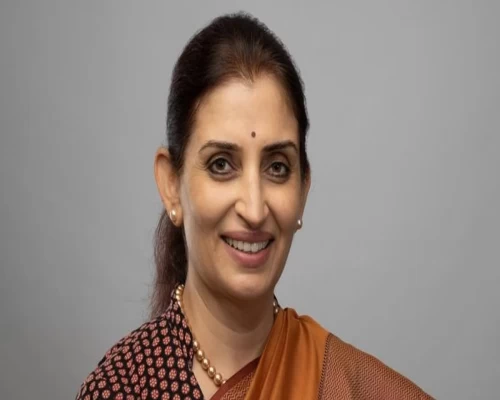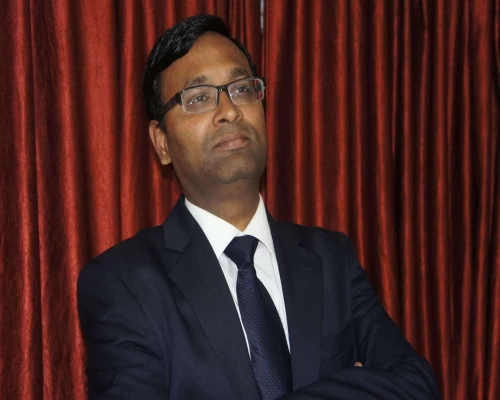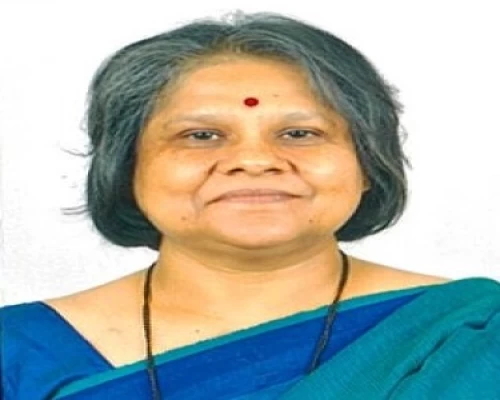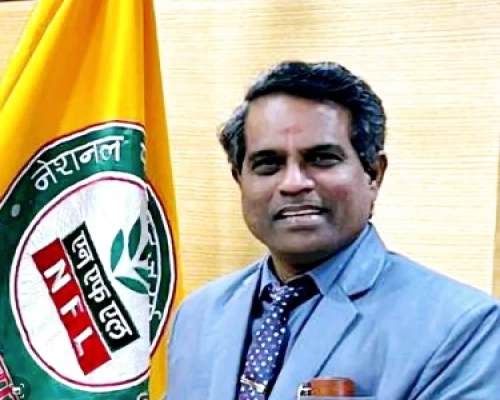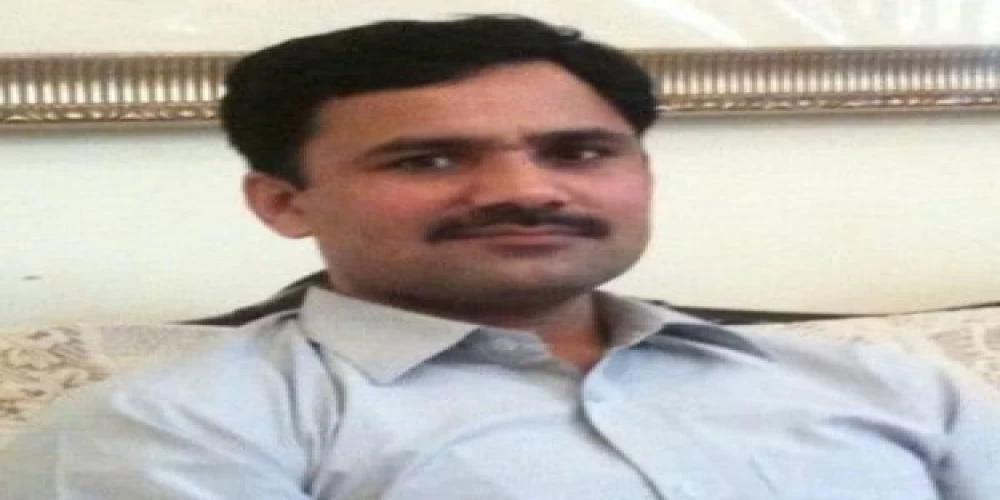
India’s ‘Steel Frame’ acted with spectacular resilience while fighting Covid-19 waves. From planning, designing strategies to their execution, they had little time to prepare themselves for the first wave of Covid-19 in 2020, but they rose to the occasion in a remarkable manner. Senior IAS officer and Faridabad Deputy Commissioner Yashpal Yadav had just taken over when the pandemic induced first lockdown came into force in 2020. “It was certainly a big challenge, but we rose to the occasion in a befitting manner. A multi-pronged strategy marked by innovative interventions, segmentation of areas for effective administration and strict enforcement helped us to prevent Covid-19 from assuming a critical dimension in our district,” said Yadav in an interview to Rajeev R and Dr Navneet Anand of Bureaucrats India, the country’s leading news portal, which is dedicated to celebrate the stories of good governance. Read The Full Interview Here:
You were posted as Faridabad DC in December 2019. After a few months, there was Covid-19 induced lockdown and then the second wave, which is not yet over? How did you make the District Administration rise to the occasion?
The first wave was all about panic. People were frightened. There were other hardships as well. The migration of people was a major issue, which we tackled effectively. We created isolation centres as well. Since the severity of the virus was not so strong, the burden on the healthcare infra was not so high. I am happy to share that by integrating all services and stakeholders, we were able to manage the first wave of Covid-19 quite well.
Based on our experience of managing Covid-19 during its first wave, we had armed ourselves with a set of innovative tools to deal with its second wave. We segregated the entire Faridabad into 1327 segments. There was a multi-layered mechanism to monitor the situation. We got in touch with the people who were in need of any support. All this helped us control the impact of Covid-19 quite effectively in the district.
The second wave of Covid-19 was more challenging than the first wave. There was a sudden surge in demand for oxygen and people were rushing to hospitals if they had corona symptoms. How did you handle the situation?
There were initial hiccups which we were able to overcome quickly and ensured the people do not face any problems at all. Through a dedicated portal, we started delivering oxygen directly to the needy. It was a big relief for all of us. There was panic among people due to sudden surge in the demand of oxygen, which we addressed by putting in place a fine-tuned mechanism to supply oxygen across the district.
Now Covid-19 is down but not out. Experts have warned against the third wave as well. How well prepared is the Faridabad Administration to face the situation?
The Faridabad District administration is well-prepared to meet any future challenges. During the first and second waves of Covid-19, our team worked very hard. There was complete cooperation from all other stakeholders. Barring a few complaints, hospital management also extended their support in our fight against Covid-19. We are confident that even in the future, we will work with the same amount of dedication to emerge victorious against all odds.
How effective do you find social media platforms in making administration more effective during normal and trying times as well?
Social media platforms proved a big tool in checking rumours and fake news. We were in direct touch with the people and communicated with them through different social media platforms. Right kind of information at the right time makes a lot of difference. We are making optimum use of social media in disseminating useful information with the people. Feedback is quite good.
You are known as a soft but firm IAS officer. Your no-nonsense approach must have made your going tough as an administrator some times. How do you strike the balance?
The work has to be done. We are under obligation to serve the people. It comes as a bad reflection on us if people face any problems because of our inefficiencies. I firmly believe that our duties and responsibilities are non-negotiable. We have to give our best. Any dereliction of duty will invite disciplinary action.
Some of the moments which would have given you the sense of fulfillment while serving the people during Covid-19 pandemic?
There are many such moments. As a Civil Servant, I personally feel that my job is to serve the people, the needy under any circumstances. I try my level best to help them. However, I feel very bad and sad when something wrong happens to them. That gives me a lot of pain.
People’s participation in administration is considered to be a first step towards good governance. You made them a tool to tame the coronavirus. How has your experience been?
It is a great experience. Without people’s participation, we cannot achieve the goal of good governance. They played a stellar role along with the District Administration in helping out the needy, spreading messages about Covid-19 appropriate behaviour and so on. I am thankful to the people of Faridabad District for displaying solidarity in our fight against the coronavirus.
There is a pinned video clip on your personal Twitter handle, which has got around 50,000 views by now. It is a drain, converted into a dumping ground, which has been transformed into an attractive spot. Please tell us something about this.
It is in Gurugram. During my posting there, I got the drain transformed into a cycling track. This happened because of the support from different companies who made financial contributions from their Corporate Social Responsibility (CSR) funds.
You love to visit villages in and around Faridabad city. You keep sharing photographs, videos and other details on your Twitter handle. What makes you village bound, a rare quality which you have as a bureaucrat?
Villages are an integral part of our social ecosystem as well. These need to be preserved as they are the lifeline of our life. They are the repository of our cultural and social legacies. The natural beauty of villages remains unmatched despite all impact of rapid urbanization. Since I am also from a small village – Kanvi in Mahendragarh – in Haryana, I naturally get attracted towards villages.
Would you please tell us something about your childhood, school and college days?
I did my primary school from my village and matriculation from the neighbouring village. I have done graduation from Sanjay College, Ateli and M Sc in Geography from the Kurukshetra University, Kurukshetra. I joined Panjab University, Chandigarh, as a law student, where I started preparing for Civil Services exams. I taught at DAV College, Chandigarh as a lecturer for some time. I love meditation. I always try to look back and improve in life.
ENDS


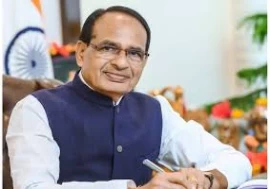
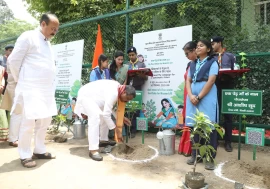

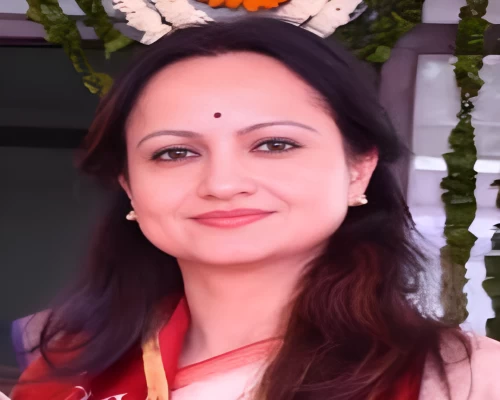
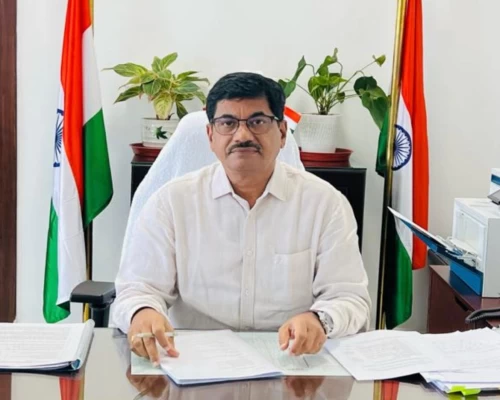
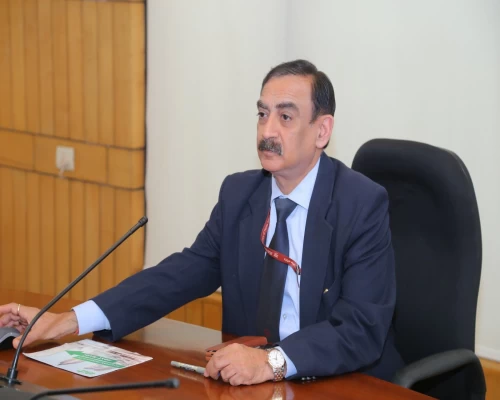
_500_x_400.webp)
